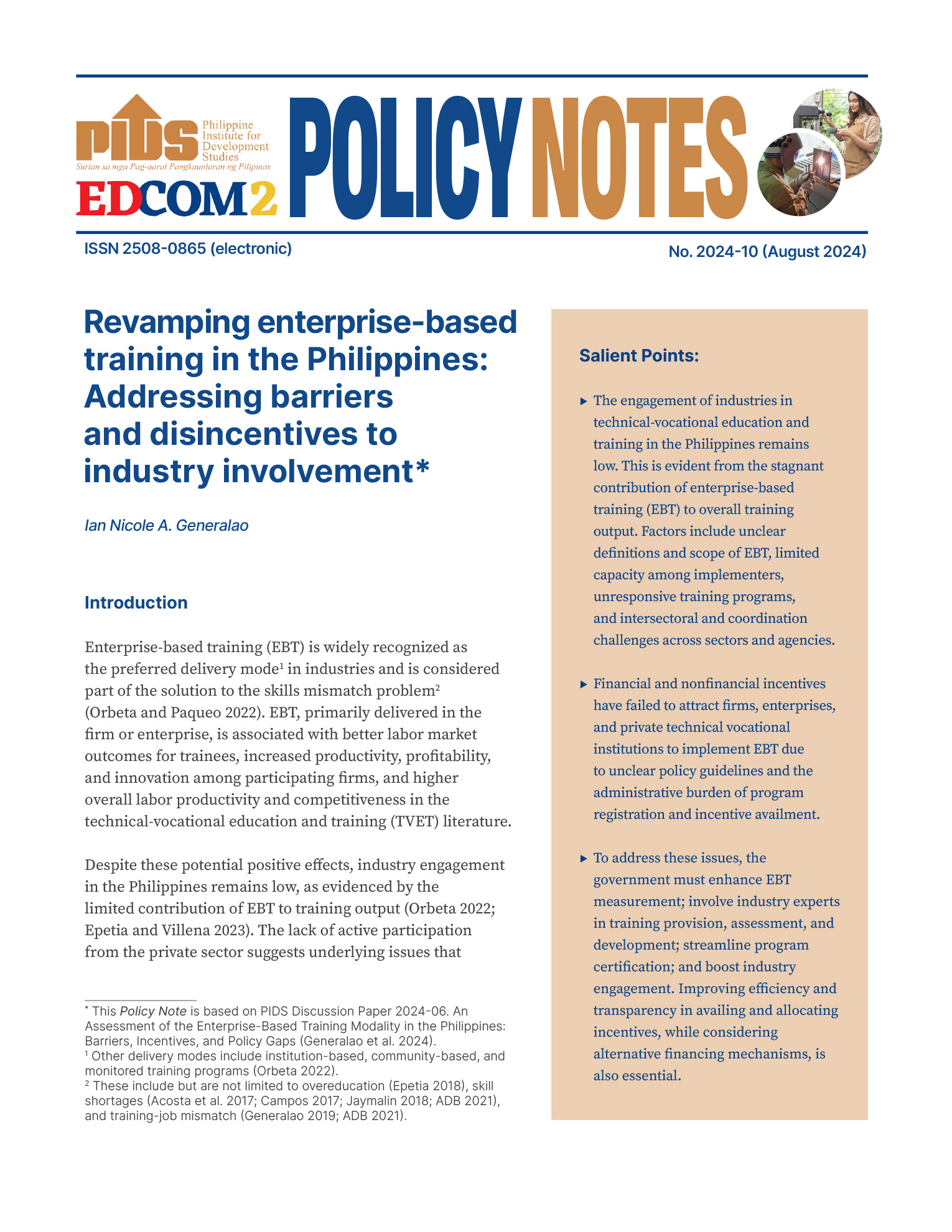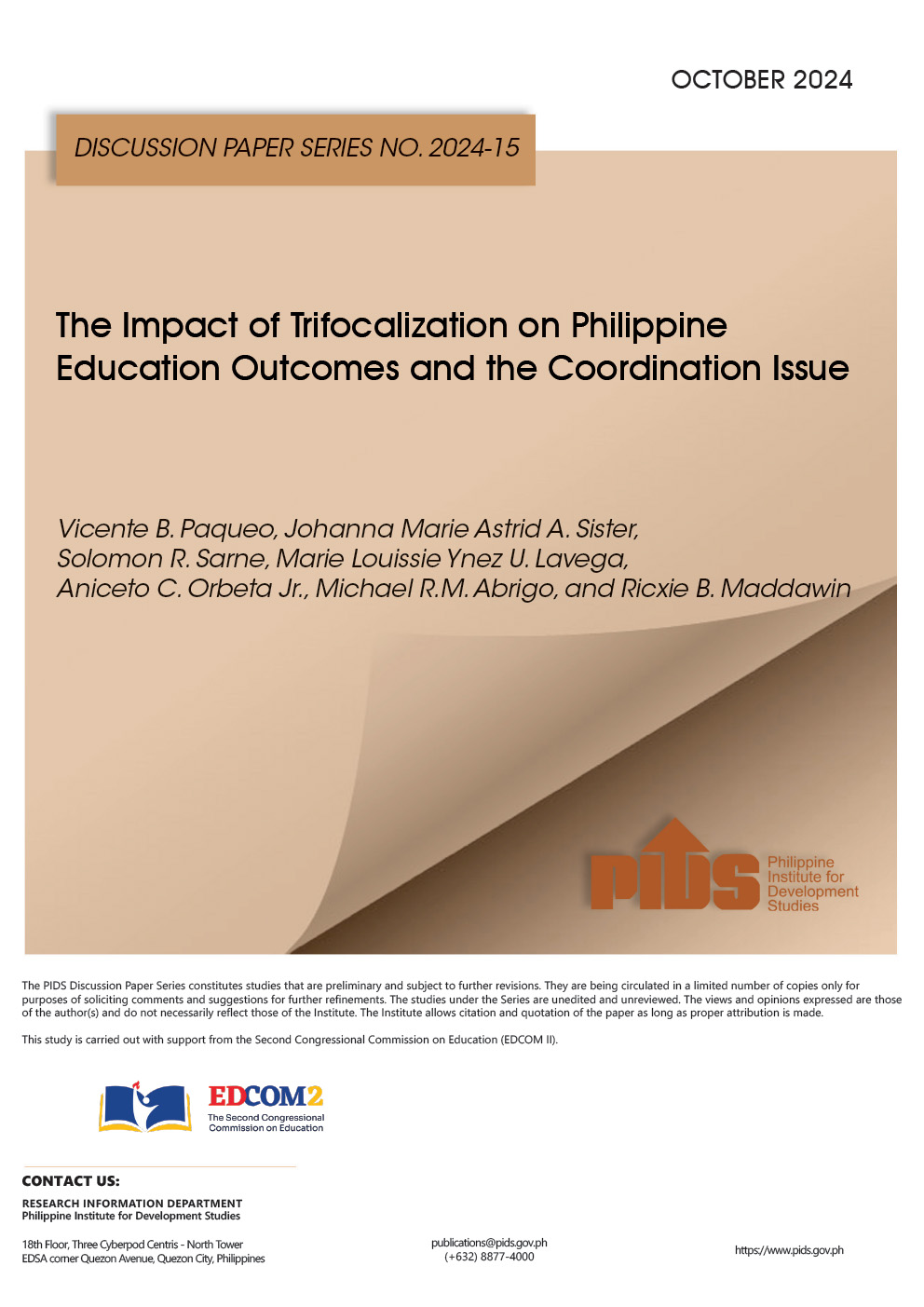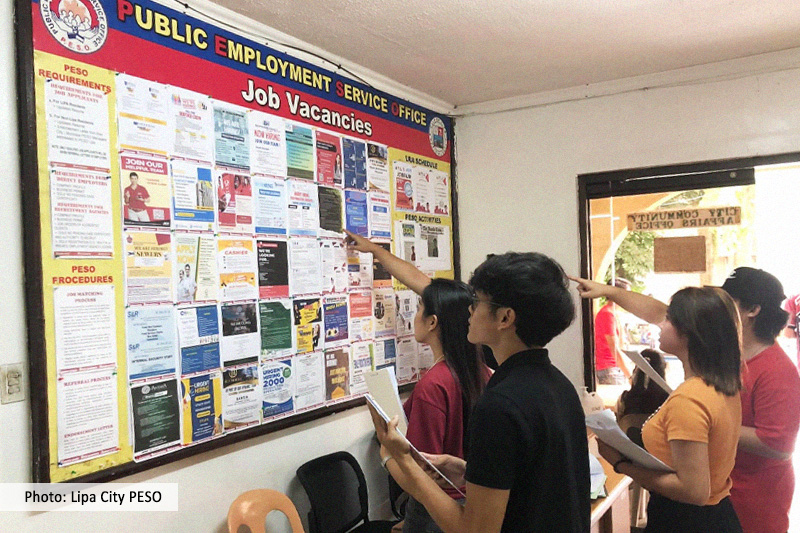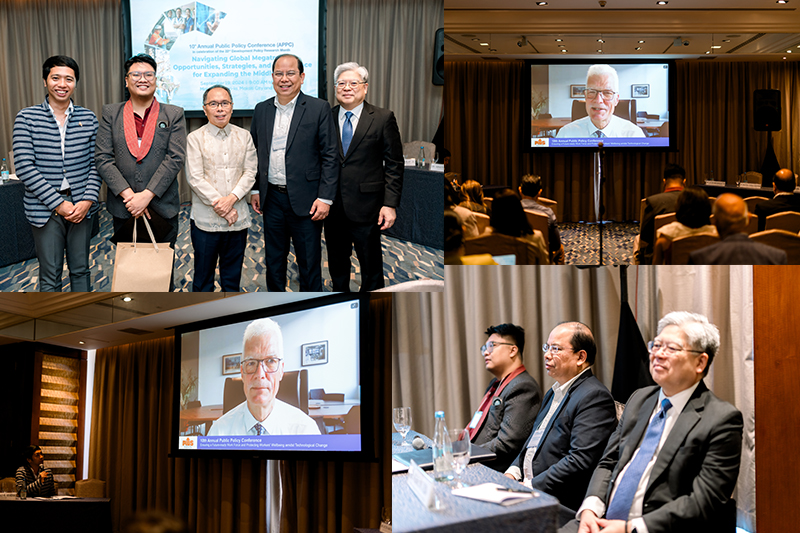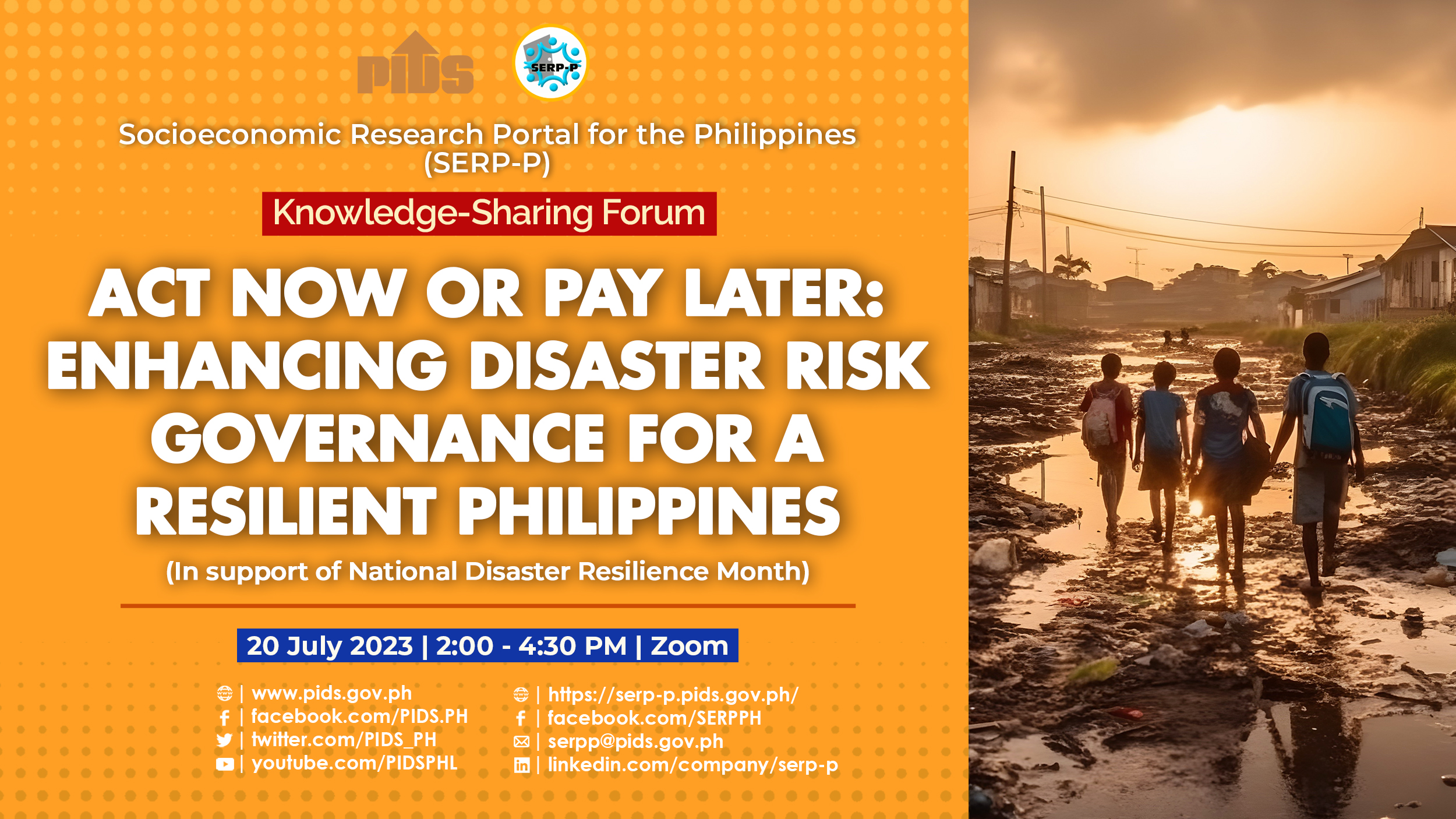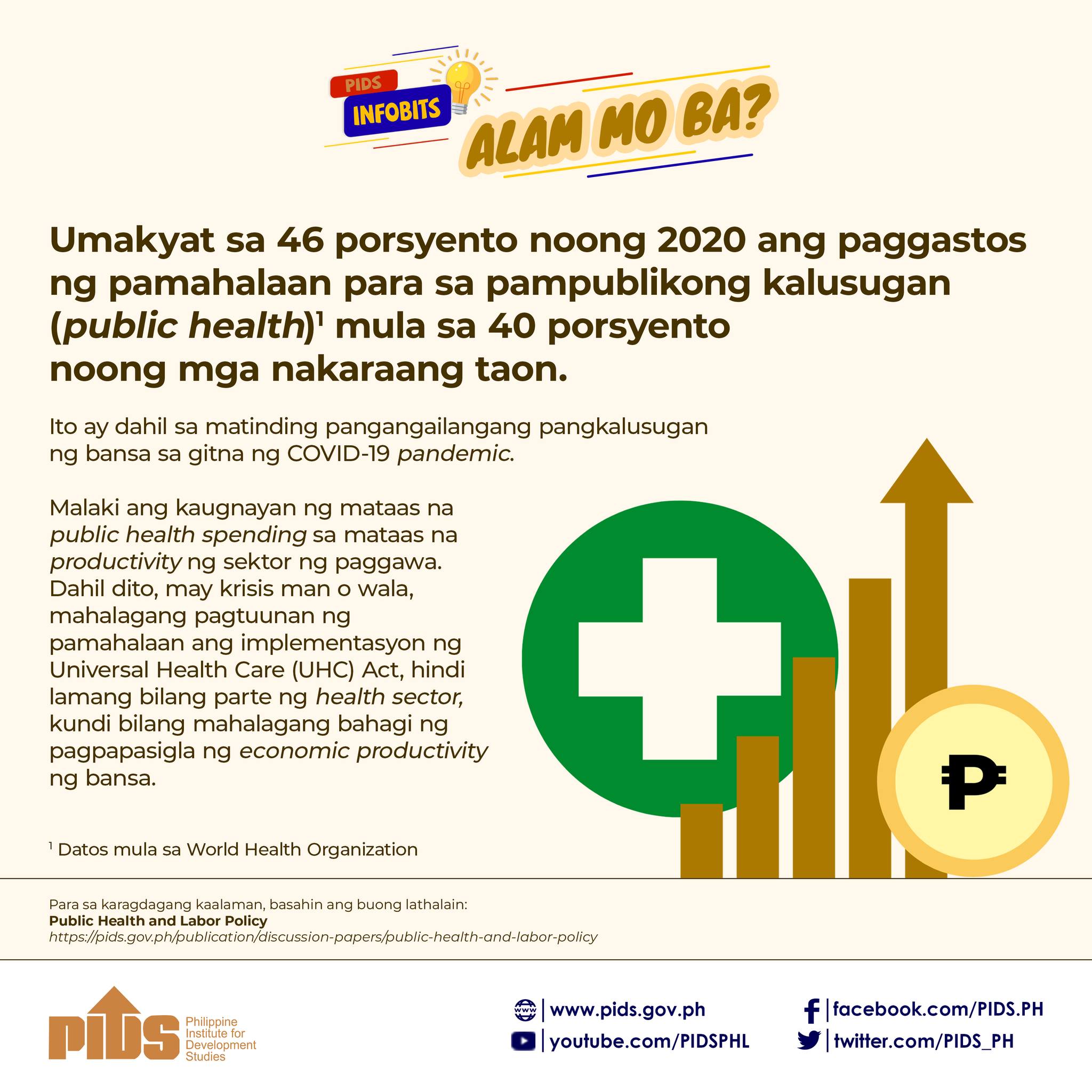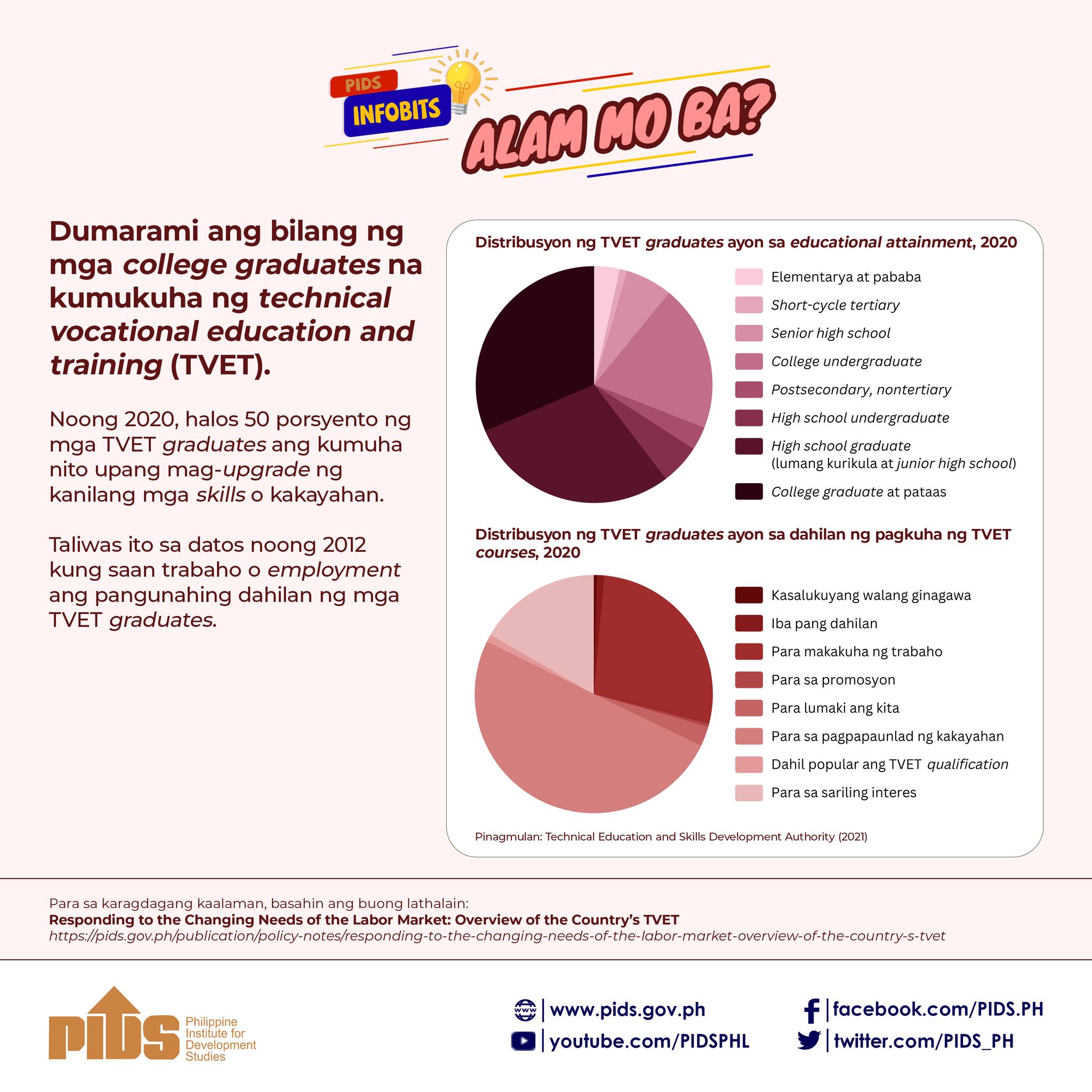MANILA – A lawmaker on Tuesday stressed the need for Congress to swiftly act on education reforms that would effectively address the jobs-skills mismatch and support enterprise-based education to ensure that Filipino graduates are work ready.
In a statement, Davao City (1st District) Rep. Paolo Duterte noted that Management Association of the Philippines (MAP) president Benedicta Du-Baladad has expressed alarm over the current education crisis in the country and has urged the government to transform the education system to allow it to better adapt to a "changed workplace in a technology-driven world."
He said many students who will graduate or recently graduated from senior high school or college “will either get a job that suits their skills or one where they are overqualified or underqualified.”
He, however, pointed out that “many will still find themselves jobless because their skills are not commensurate to the demands in the job market.”
“This translates into wasted opportunities and lower-than-expected returns on education investments, which negatively affect the productivity and competitiveness of our workforce,” he said.
Duterte said these concerns can be addressed through the passage of the bill that seeks to institutionalize the country’s enterprise-based education and training program (House Bill 7400) and the bill creating a tripartite council that will be tasked to focus on the jobs-skills mismatch, with the goal of reducing unemployment and underemployment (HB 7370).
These measures have been transmitted to the Senate in March this year.
Duterte also said that HB 8069, which aims to establish early childhood or pre-kindergarten education programs for indigent Filipino kids, will help nip in the bud the learning deficiencies of Filipino children.
Investing in pre-kindergarten education has been proven to show concrete improvements in a child’s learning skills, he said, citing a study by the Organization for Economic Cooperation and Development (OECD), which revealed that kids who attended one or more years of preschool scored 30 points higher in reading compared to those who did not.
Duterte said another step in the right direction is the commitment of his sister, Vice President and concurrent Education Secretary Sara Duterte, to revisit the K-to-12 basic education curriculum to make it relevant in producing competent, job-ready, active and responsible citizens.
The lawmaker cited a 2020 study by the Philippine Institute for Development Studies (PIDS), which revealed that only a little over 20 percent of senior high school (SHS) graduates entered the labor force and over 70 percent continued with their education.
The PIDS study said there is a need for the government “to re-examine the employment and entrepreneurial objectives of the SHS program.”
Duterte said that while the Second Congressional Commission on Education (Edcom II) is currently crafting solutions to the problems plaguing the education sector, the Congress can act now in easing the effects of the education crisis.

